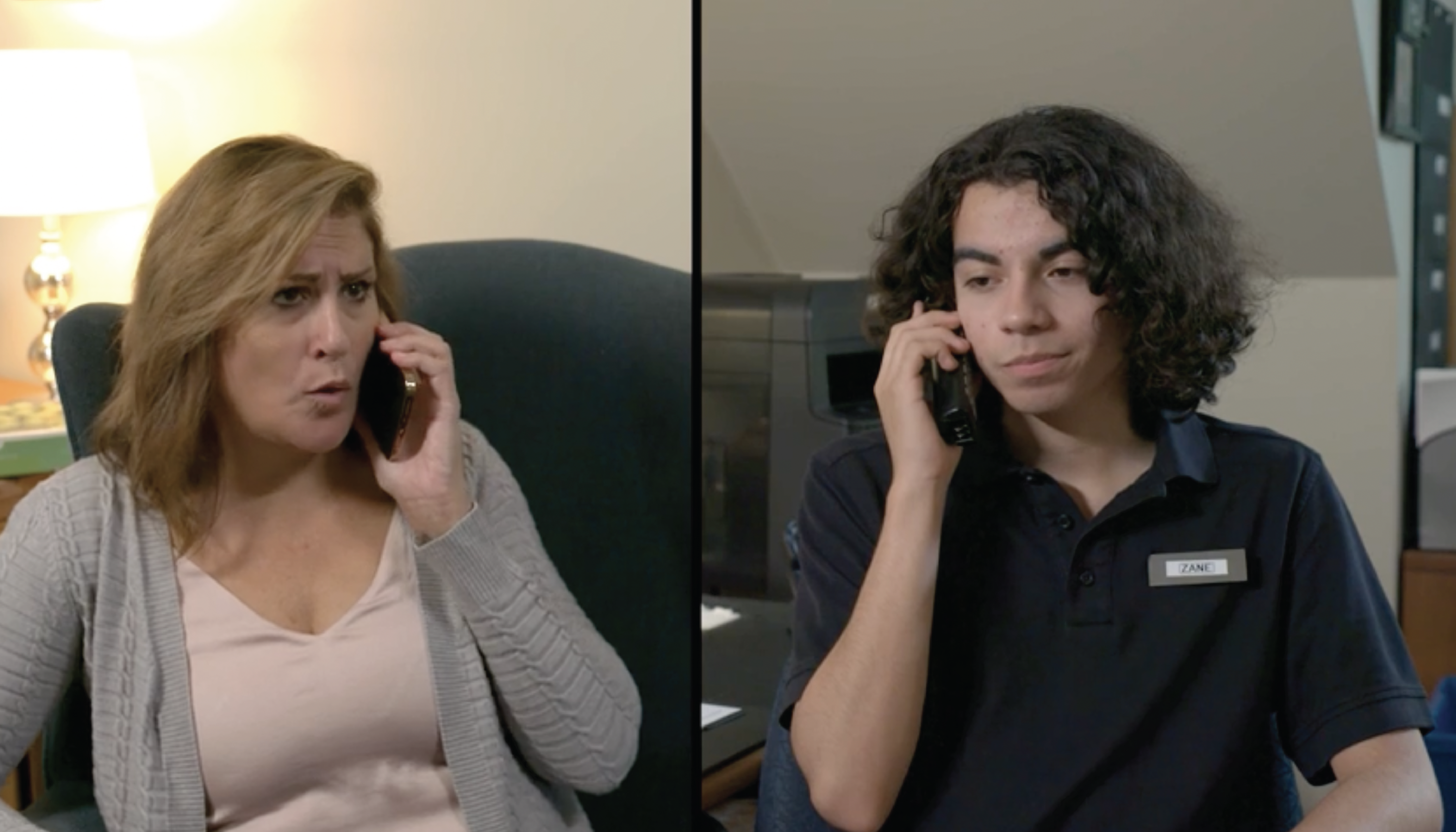
As educators, it’s essential to equip students with the necessary skills to navigate challenging situations in their professional lives. One such skill is handling upset customers. In this blog post, we’ll discuss a no-prep activity to help students practice this skill, followed by discussion questions to stimulate further conversations, related skills, and next steps for your classroom.
Introduction
Handling upset customers is a vital skill that students will encounter in various job settings. Upset customers can be angry, indecisive, rude, or unpleasant. Often, they are not upset with the individual but with the situation itself. By teaching students tips and strategies to handle upset customers, we promote social-emotional learning and conflict resolution in a professional context.
No-Prep Activity: The Upset Customer Role-Play
This no-prep activity requires no additional materials or preparation from the educator and can be easily implemented in the classroom. Divide students into pairs, with one student playing the role of the upset customer and the other as the employee. Encourage students to switch roles after a set time to ensure equal practice.
During the role-play, students should focus on the following strategies:
- Remain calm and professional
- Actively listen to the customer
- Focus on the solution, not the problem
- Don’t take things personally
After the activity, gather the class for a group discussion to share experiences, challenges, and successes in handling upset customers.
Discussion Questions
- What strategies did you find most effective in keeping calm and professional during the role-play?
- How did active listening help you better understand the customer’s concerns and work towards a solution?
- Why is focusing on the solution, rather than the problem, important when dealing with upset customers?
- How can you apply the skills learned in this activity to other professional and personal situations?
Related Skills
Beyond handling upset customers, there are other relevant skills that promote social-emotional learning and contribute to a well-rounded professional skillset. These include:
- Effective communication
- Conflict resolution
- Teamwork and collaboration
- Empathy and understanding
Next Steps
Now that you’re equipped with strategies and an activity for teaching students how to handle upset customers, it’s time to implement these lessons in your classroom. For additional resources and sample materials related to social-emotional learning, sign up for free samples at Everyday Speech.

